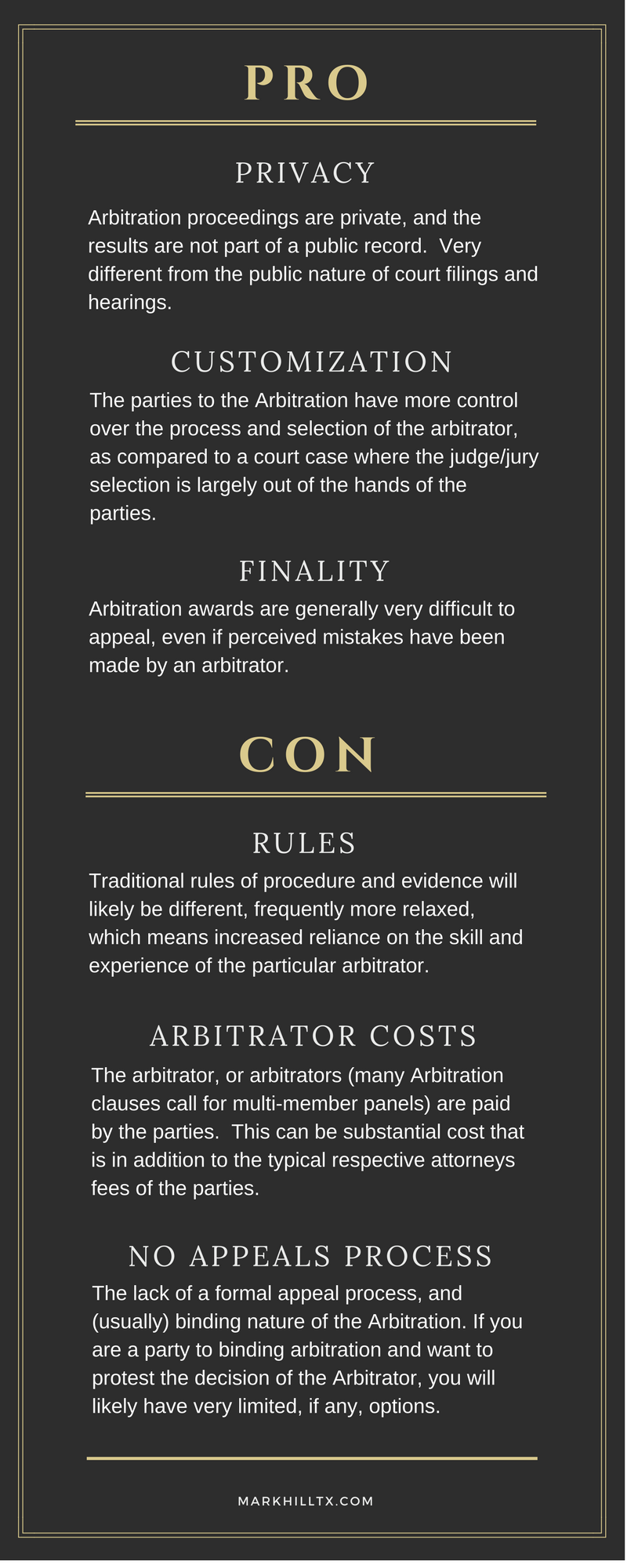10 Legal Tips for Contractors from a Construction Litigation Attorney
In construction, serious forms of legal mistakes can almost lead to costly misunderstandings, project mishaps, and/or potentially the loss of a business altogether. Whether you are a general contractor, a subcontractor, or an independent builder, understanding the legal considerations and the best practices will serve you best in protecting your business, reputation, and profit.
Always Use Written Contracts
Verbal agreements are never advisable. A contract outlines the scope of the work, time frames, how payments will be fulfilled, who is responsible for what, and how disputes will be resolved. Construction lawyers often see contractors suffer due to their reliance on understandings made by informal promises. Following up on an agreement with a written contract not only serves to protect you legally, but it will also likely serve as a point of reference if you disagree.
Define Scope Clearly to Avoid Scope Creep
Scope creep occurs when a project takes on additional scope without clear documentation and compensation. Scope creep is one of the top reasons for disputes with contractors and clients. A construction litigation attorney could tell you that an unclear scope typically leads to a dispute. Always define everything – materials, labor, timelines, definite tasks, etc. In the event a client requests a change, do it through a change order process.
Understand and Comply with Licensing Laws
Working without a license or any required insurance and financial responsibility can be meaningfully detrimental to your business. You could be fined, contracts could be canceled, or even pursue a lawsuit. Each state has requirements for contractors, as a local municipality, and a construction litigation attorney would inform you that usually unlicensed contractors have little to no legal recourse.
Know Your Lien Rights and Deadlines
Lien laws vary by state, so you’ll need to familiarize yourself with your state’s specific lien laws and timelines and follow these rules precisely. Many attorneys represent contractors who file claims out of time or incorrectly. Liens can provide security for contractors, subcontractors, and suppliers, but only if you follow the rules – you don’t want to risk your lien being held unenforceable, even if you have a good case because you failed to follow requirements.
Avoid “Pay-When-Paid” Pitfalls
It is common for construction contracts to include “pay-when-paid,” and “pay-if-paid” clauses, particularly for subcontractors. These clauses stipulate that you will only pay subcontractors if you get paid by the client. Courts treat these clauses differently; in some states, these clauses may not even be enforceable. Construction litigation attorneys caution contractors to know the consequences of the clauses before agreeing to them.
Document Everything
Keep emails, text messages, invoices, change orders, daily logs, photographs of progress, and any kind of written communication. Construction litigation attorneys will tell you that digital and physical records will have to be relied upon to prove your case. We recommend you use a project management software that manages client, vendor, and subcontractor communications, or assign someone to document everything, tab if you typically miss these regular communication records.
Manage Subcontractors with Written Agreements
Don’t rely on verbal arrangements or handshake deals with your subcontractors. Every subcontractor should sign a complete agreement to get the scope agreed to in writing, deadlines, and payment terms, and clearly outline expectations for insurance, safety, and quality. The initial sources of many litigations involve a subcontractor that provides poor performance or has not been paid, and without documentation, these scenarios can be difficult to resolve.
Carry the Right Insurance and Review It Often
A construction litigation attorney will tell you that disputes and lawsuits often arise from a lack of or misunderstanding of insurance coverage. It is important to talk to your licensed insurance agent about your policies regularly. You should make sure that the coverage limits are sufficient and that the policies accurately reflect the type of construction work that you do now.
Handle Disputes Proactively and Professionally
Never ignore a complaint from a client, and don’t do anything out of anger. Attorneys suggest that you document everything to the extent you are able during a dispute. When you are responding to the dispute, do so in writing. Before litigation, try arbitration or mediation. Mediation is usually faster and cheaper than going to court.
Stay Updated on Construction Law Changes
A construction litigation attorney stays informed and recommends you stay informed too. Subscribe to industry newsletters, attend local association meetings, or consult with a lawyer from time to time. If your contracts or internal systems need changes to your policies—do what you need to do. You want to stay informed so you are not surprised by potentially high bills or being forced to shut down a project.
Read more: A construction litigation and how an attorney can help


